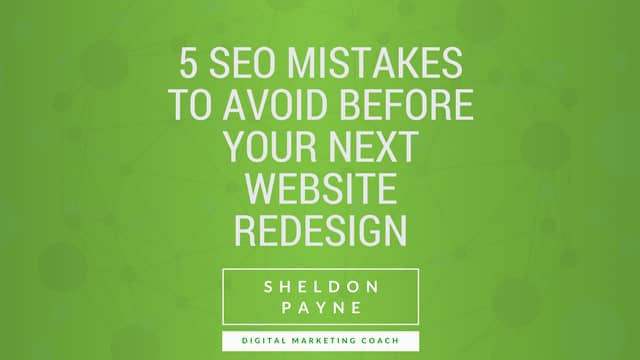You’ve thought long and hard to create your business or blog name. Now you need a domain name. Maybe, you’re starting a new company, a new brand, a new blog or have an existing brand you’re trying to take online? Either way, you’re going to need a website. These tips will keep you on how to choose the best website domain name for your business.
There are a few things that can trip you up when choosing your domain name if you’re not careful. It’s your calling card on the internet. You want one that reflects your business but is also easy to share and promote online. The goal is something brandable, short, and unique.
With millions of websites vying for your attention and thousands of new sites coming online each year, finding that perfect domain name for your business can be a challenge. But it can be done!
What is a Domain Name?
Domains consist of two parts: the bit you make up (like paynesbrain) followed by the bit after the dot, known as a Top Level Domain (TLD) such as .com, .ca, or .org The combination of these two pieces will form your unique domain name.
You purchase and register your domain name through a registrar, which may or may not be the same company as your web host. Domains are purchased on an annual basis though your registrar may let you pre-pay for a block of years. If you forget to renew your domain before it expires you’ll be given a grace period before someone else can snap it up. I really, really recommend you don’t let this happen though and instead set it up with your registrar to auto-renew.
So what do you need to consider when choosing a domain name?
Is it available?
You’ve come up with domain name, congrats! But before you go any further, do a quick and simple check to see if it’s available for purchase. I recommend going for the .com unless your content is very location focused, in which case you might want to consider a country level extension (ccTLD). Something like .ca in Canada or .co.uk in the United Kingdom.
Along those lines, look to see if other sites exist with your domain, but a different extension. The biggest issue is if someone else has the .com. How would you feel if the .com got some of your intended word of mouth traffic?
Tip: you don’t have to build a site for every domain you purchase. You can forward any extras to your primary domain.
Are the social channels available?
Whenever possible it’s best to be consistent in your usernames across your email, domain, and social channels. You want to remove any possible brand confusion if you can. So before you commit, check to see if anyone is already using your intended domain in the social media world. We like using Namech_k for this.
Does it form any hidden words?
Score! Your business name is available as a .com domain and on social channels. Now it’s time to take a closer look at it. Make sure that no hidden words appear that you don’t want to be associated with your brand. We all know about Pen Island don’t we?
Is it brandable?
You want a domain that sounds like a brand rather than something too generic. If your company sells furniture you might think that furniture-shop.com might be a great domain. It’s got keywords! But you’d be wrong. It’s too generic and the hyphen complicates things. Customers trust a branded product more than they trust generic.
Is it easy to type and dictate?
A url might look cool on screen but try giving it to 10 people over the phone and see if they get it right before you put your money down on it. For this reason, avoid numbers and hyphens – they just get confusing – and be wary of hip, new top-level extensions. A few years ago the likes of .bike and .site became available but if your target audience only knows .com they’re going to be thrown for a loop. “Yourbusiness.site? I went to yourbusiness.site.com and it’s broken.”
If your domain is hard to pronounce or easy to get wrong, you’re going to lose some of that brand-ability you’ve been building.
Is it short enough to fit on a business card?
The fewer characters a domain name has, the fewer chances someone will get it wrong. But don’t sacrifice pronounceability and readability for brevity. Sure frntrxpress.com is shorter than furnitureexpress.com but the latter is the better domain because it’s easier to remember.
The exception here is if you’re dealing with well-known abbreviations. If you’re a New York based business it’s alright to shorten it to NY or NYC in your domain because people know what that means.
With these tips in mind I would love to hear your thoughts on domain names. Do you have any personal biases? What do you think works or doesn’t work in 2019?



